Ramon Lull- part 2- Didactic Scholasticism

Ramon Llull wrote treatises in Latin, Arabic, and his mother tongue Catalan. The vernacular works are written to be more accessible and therefore works such as El llibre de meravelles and D'Evast e Blanquerna lay out an entertaining introduction to the Medieval Scholastic point of view of man, God, and the Universe. As well as questions of Reason, Faith, and Philosophy. I forgot how entertaining these works were since I had left them at home. I don't really read a lot of Catalan, especially medieval Catalan. But it is well worth the effort since the narrative form of such works makes abstract concepts and ideas eminently understandable, revealing another side of the Middle Ages that few have seen before.
English Translation:
The Book of Wonders by Ramon Llull. Book the First: On God, VII.On the Apostles
In the times of the prophets it was enough that a man convert people by belief since they already half-heartedly believed. And in the time of Christ and the Apostles miracles were needed, since people were not well versed in the written word, therefore they loved miracles which are demonstrations involving things visible to the body. But nowadays we have arrived at a time where people are in love with necessary reason, since they are awash in great branches of knowledge: such as philosophy and theology. Therefore we must overcome people who after studying philosophy fall into error against the Holy Roman Faith by employing necessary reason, and then destroy their false opinions with the same, using arguments taken from philosophy or theology.
Catalan original:
El llibre de meravelles, Ramon Llull. Llibre primer: De Déu, VII. dels apòstols
En lo temps dels profetes es convenia que per creença hom convertís les gents, car lleugerament creien; e en lo temps de Crist e dels apòstols se convenien miracles, car les gents no eren molt fundades en escriptures, e per aço amaven miracles, qui són demostracions de coses visibles corporalment. Ara som esdevenguts en temps que les gents amen raons necessàries, car són fundades en grans ciències de fisolofia e de teologia; e per aço les gents que ab fisolofia son caiguts en error contra la santa fe romana, cové conquerir ab raons necessàries, e destruir a ells llurs falses opinions ab raons necessàries, les quals raons sien per fisolofia e per teologia.

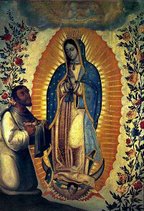
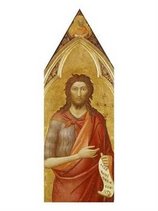


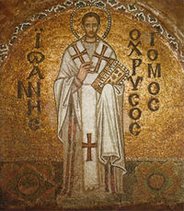
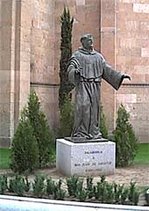

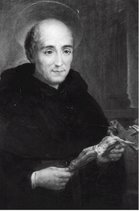
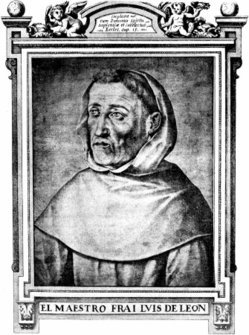




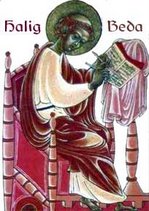
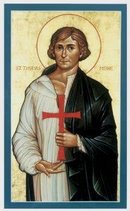
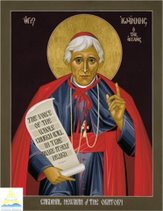




No comments:
Post a Comment